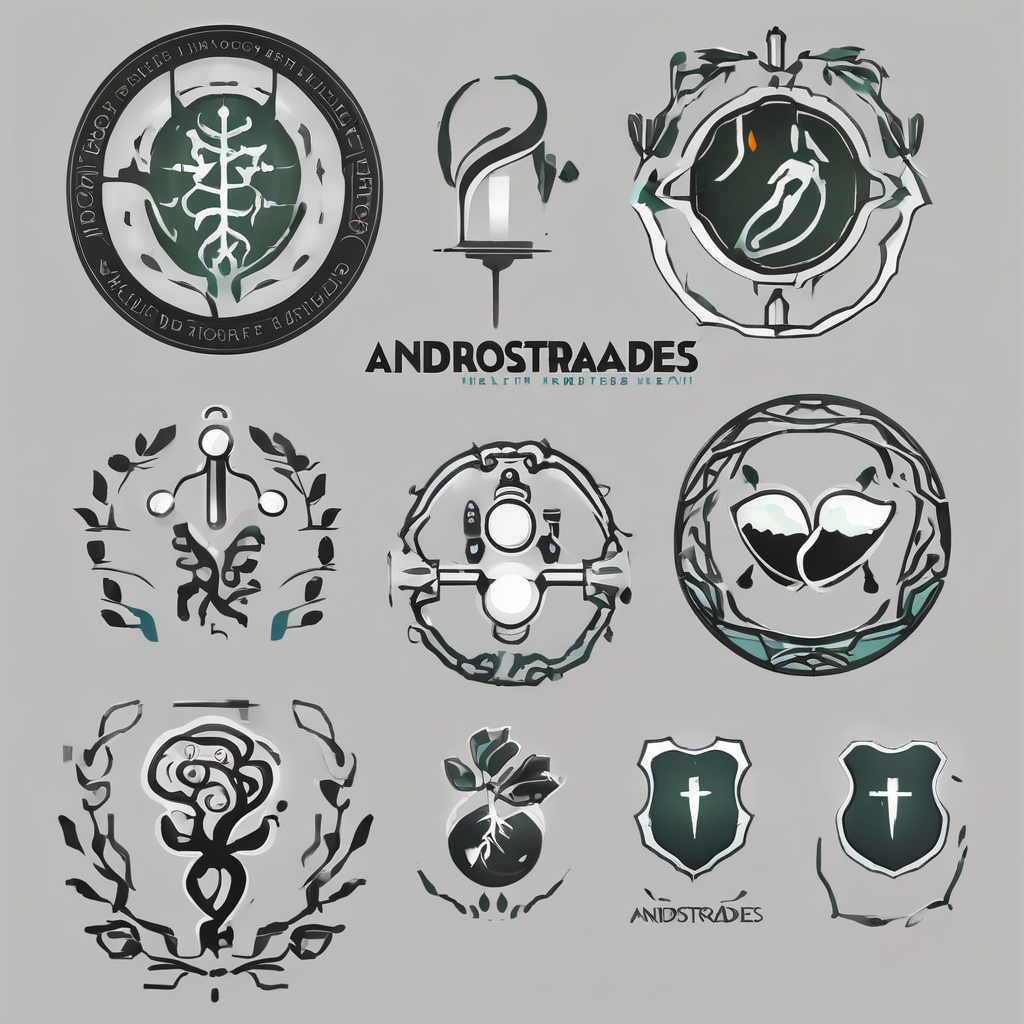Chronic Idiopathic Urticaria (CIU) is a perplexing condition that many individuals grapple with, often without understanding the underlying causes. Symptoms include persistent hives, itching, and discomfort, which can severely impact quality of life. While medications can help manage the symptoms, dietary modifications play a crucial role in alleviating the discomfort associated with CIU.
In this comprehensive guide, we will delve into the dietary changes that can aid in managing CIU, providing evidence-based advice catered specifically to your needs.
Also to discover : What Are the Implications of Long-Term Use of Non-Steroidal Anti-Inflammatory Drugs (NSAIDs)?
Understanding Chronic Idiopathic Urticaria
Before diving into dietary adjustments, it is essential to grasp what Chronic Idiopathic Urticaria entails. CIU is a skin disorder characterized by the spontaneous appearance of hives or wheals, often lasting more than six weeks. The term "idiopathic" signifies that the cause is unknown, making the condition even more challenging to treat.
Current research suggests that CIU may be connected to autoimmune responses, stress, and even certain foods. Understanding these possible triggers is critical in navigating the right dietary changes to manage symptoms effectively.
Also to discover : How Do Community Fitness Programs Impact Public Health in Low-Income Areas?
Autoimmune Responses and Food Sensitivities
Chronic Idiopathic Urticaria is suspected to have an autoimmune component, where the body’s immune system mistakenly attacks healthy cells. This aberrant immune response can be exacerbated by certain foods, especially those that promote inflammation. By identifying and avoiding these foods, you may find significant relief from the symptoms.
Furthermore, food sensitivities and intolerances can complicate CIU. Unlike allergies, which provoke an immediate immune response, sensitivities may cause delayed reactions, making it difficult to pinpoint the offending foods. Keeping a food diary can be invaluable in identifying potential triggers.
Foods to Avoid: Common Triggers
One of the first steps in managing CIU through diet is identifying and eliminating common food triggers. While everyone’s body reacts differently, several foods are known culprits in exacerbating hives and itching.
Histamine-Rich Foods
Histamine is a compound involved in the immune response and can trigger hives in susceptible individuals. Foods high in histamine can potentially worsen CIU symptoms. Some common histamine-rich foods include:
- Aged cheeses
- Fermented foods (e.g., yogurt, sauerkraut)
- Alcoholic beverages, especially wine and beer
- Processed meats
- Certain fish like mackerel and tuna
Eliminating or significantly reducing these foods from your diet may help alleviate symptoms.
Food Additives and Preservatives
Artificial additives and preservatives can also play a role in triggering CIU. These include:
- Artificial colorings (e.g., tartrazine)
- Preservatives like sodium benzoate and sulfites
- Flavor enhancers like monosodium glutamate (MSG)
Opting for whole foods and preparing meals from scratch can help avoid these potential triggers, making your diet cleaner and more manageable.
Gluten and Dairy
For some individuals, gluten and dairy products may exacerbate CIU. Gluten, found in wheat, barley, and rye, can provoke an immune response in sensitive individuals. Similarly, dairy products, particularly those high in fat, can contribute to inflammation and worsen CIU symptoms.
A trial elimination of gluten and dairy can be beneficial. Monitor your symptoms closely and consult with a healthcare provider for tailored advice.
Foods to Include: Promoting Skin Health
While avoiding potential triggers is crucial, incorporating anti-inflammatory and nutrient-dense foods can also play a significant role in managing CIU. These foods not only help soothe symptoms but also promote overall skin health.
Anti-inflammatory Foods
Incorporating anti-inflammatory foods can help reduce the frequency and severity of hives. These foods fight inflammation at the cellular level, potentially easing the autoimmune response associated with CIU. Some excellent anti-inflammatory options include:
- Berries (e.g., blueberries, strawberries)
- Fatty fish rich in omega-3 fatty acids (e.g., salmon, sardines)
- Leafy green vegetables (e.g., spinach, kale)
- Nuts and seeds (e.g., flaxseeds, chia seeds)
- Turmeric and ginger
These foods can be easily integrated into your daily meals, offering both nutritional benefits and symptom relief.
Probiotic Foods
Probiotics are beneficial bacteria that support gut health and can help modulate the immune system. A healthy gut microbiome is essential in managing autoimmune conditions, including CIU. Incorporate probiotic-rich foods such as:
- Yogurt (preferably without added sugars)
- Kefir
- Kimchi
- Sauerkraut
- Miso
These foods can help balance your gut flora, potentially reducing inflammation and improving skin health.
Hydration and Herbal Teas
Staying hydrated is crucial for maintaining healthy skin and overall well-being. Drinking ample water can help flush out toxins and reduce the severity of hives. Additionally, certain herbal teas, such as chamomile and peppermint, have anti-inflammatory properties and can be soothing.
Consider swapping out caffeinated beverages for herbal teas, which can also aid in reducing stress—a known trigger for CIU.
Creating a Balanced Meal Plan
With an understanding of foods to avoid and include, creating a balanced meal plan becomes the next logical step. A tailored meal plan can help you navigate your dietary adjustments seamlessly while ensuring nutritional adequacy.
Breakfast Ideas
Start your day with a nutrient-packed breakfast that includes anti-inflammatory and probiotic-rich foods. Some ideas include:
- Smoothies with spinach, berries, and flaxseeds
- Oatmeal topped with fresh fruit and a dollop of yogurt
- Avocado toast on gluten-free bread with a sprinkle of chia seeds
Lunch and Dinner Options
For lunch and dinner, focus on incorporating lean proteins, healthy fats, and a variety of vegetables. Some balanced meal ideas are:
- Grilled salmon with a quinoa salad and steamed broccoli
- A hearty vegetable stir-fry with tofu and brown rice
- A large green salad with mixed greens, nuts, and grilled chicken, dressed with olive oil and lemon juice
Snacks
Healthy snacking is essential in maintaining energy levels and managing hunger. Opt for snacks like:
- Fresh fruit or vegetables with hummus
- A handful of nuts or seeds
- Rice cakes with almond butter
Monitoring and Adjusting Your Diet
Finally, it’s crucial to regularly monitor your symptoms and adjust your diet as needed. Keeping a food diary can help identify specific triggers and track the effectiveness of dietary changes.
Consulting with Healthcare Providers
While dietary changes can significantly impact CIU management, it is essential to consult healthcare providers for personalized advice. A registered dietitian or allergist can provide tailored recommendations and help you navigate any nutritional concerns.
Regular Re-evaluation
Chronic conditions often require ongoing management and adjustments. Regularly re-evaluating your diet and symptoms ensures that your dietary plan remains effective and relevant.
Managing Chronic Idiopathic Urticaria can be challenging, but dietary changes offer a powerful tool in your repertoire. By understanding the condition, identifying trigger foods, and incorporating anti-inflammatory and nutrient-rich options, you can significantly alleviate symptoms and improve your quality of life.
Remember, a balanced and personalized diet is fundamental in managing CIU. Armed with this comprehensive guide, you are well-equipped to make informed dietary choices that empower your journey towards better skin health and overall well-being.











